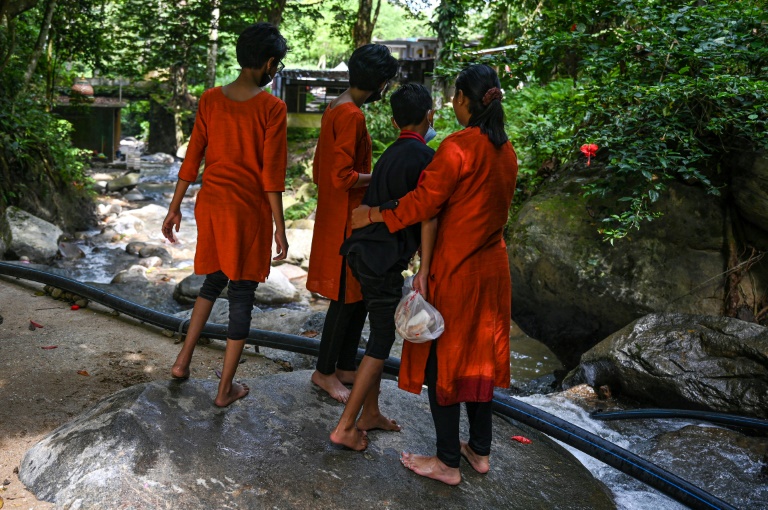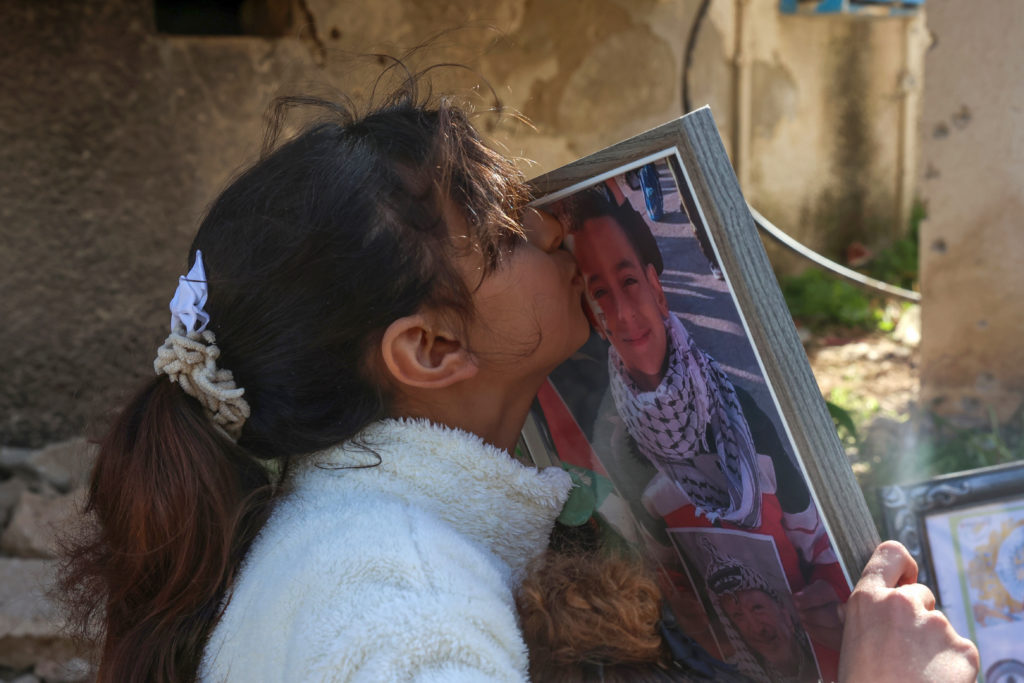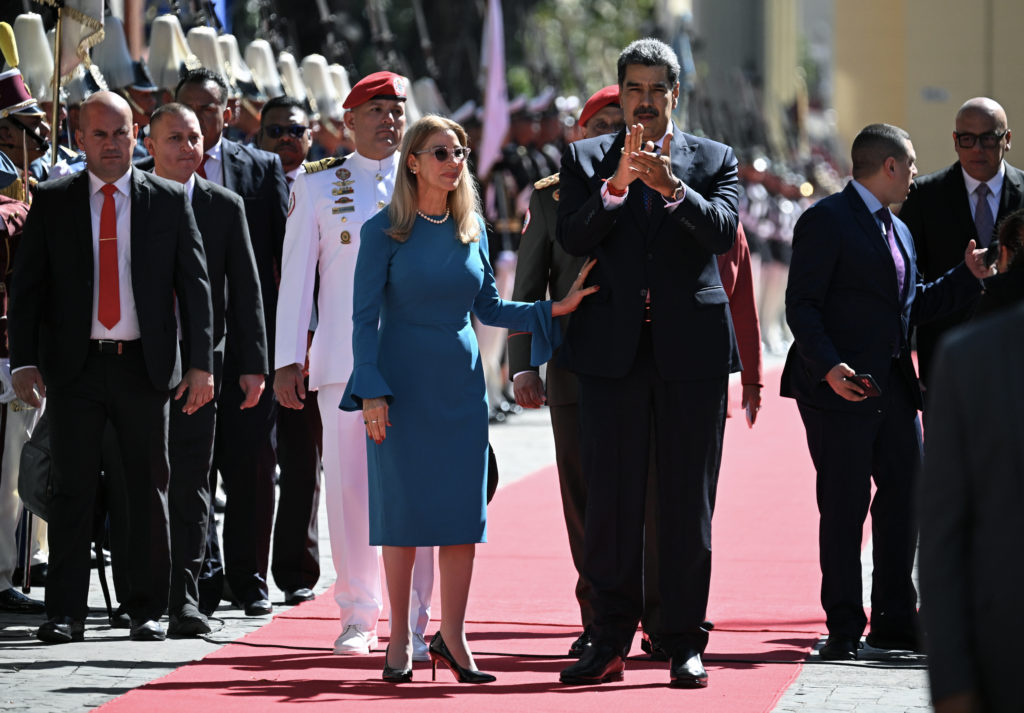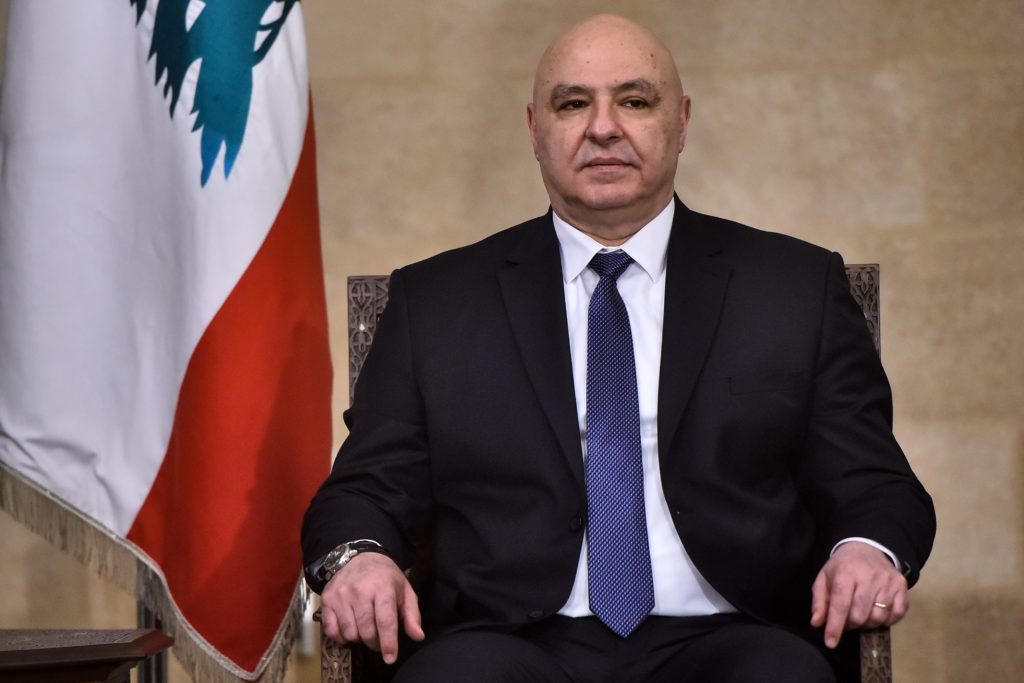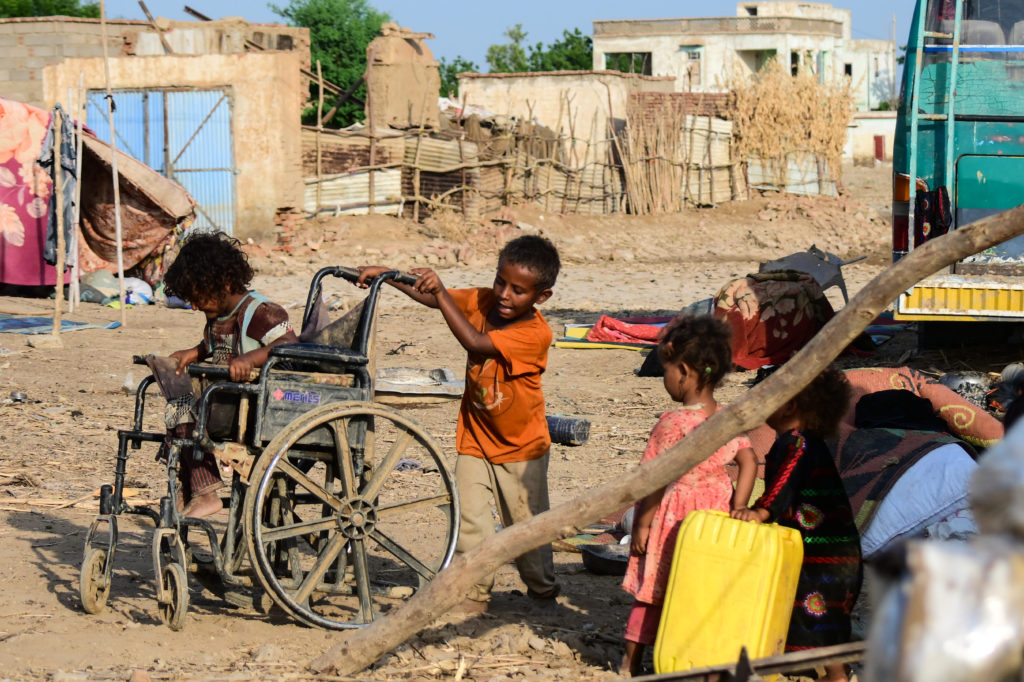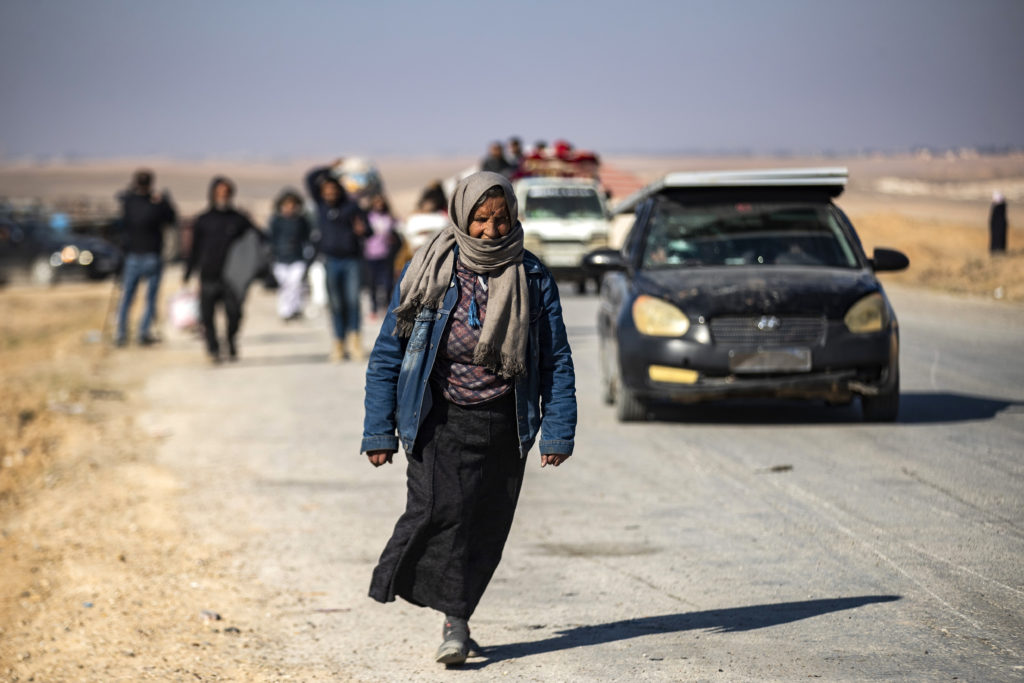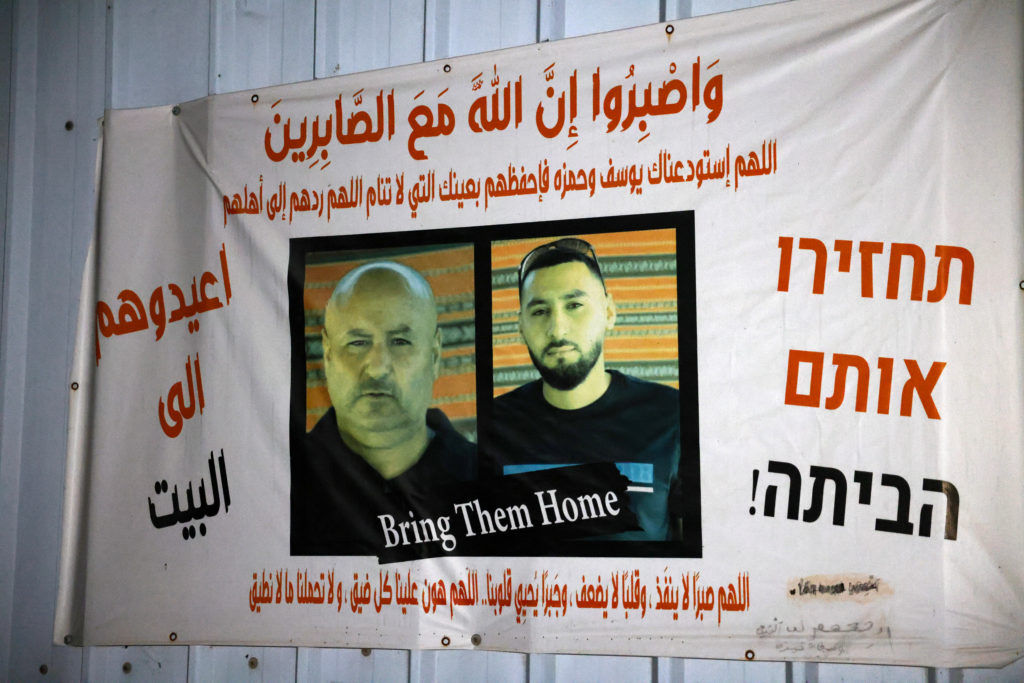Malaysian woman Loh Siew Hong says her husband brutally abused her, battering her over the head and breaking her ankle, before running off with their children and converting them to Islam.
After a long legal battle, Loh was finally reunited with her 14-year-old twin daughters and 11-year-old son in February when a court ruled in her favour.
But the ordeal has taken a heavy toll.
“It was torture for me,” the 35-year-old told AFP of the long period separated from her children.
“I used to wonder whether my children had enough food and enough sleep. I used to worry whether my ex-husband was beating and torturing them like he used to do to me.”
It is the latest case in multi-ethnic Malaysia of a so-called “unilateral conversion” to Islam — one parent converting a child’s religion without the other’s permission.
The issue has become another battleground between increasingly vocal Islamist hardliners and those seeking to defend the rights of minorities.
The Southeast Asian country of 32 million is a kaleidoscope of different religious and ethnic groups.
Ethnic Malay Muslims make up more than 60 percent of the population, while a quarter is ethnic Chinese. There are sizeable minorities of ethnic Indians and various indigenous groups.
While the communities mostly live harmoniously, critics say decades of policies favouring Malays have strained relations, with the country’s traditionally moderate version of Islam losing ground to creeping radicalisation.
– ‘Why are they doing this?’ –
In 2018, it seemed the issue of unilateral conversions had been put to rest when Malaysia’s highest court issued a landmark judgement.
The Federal Court ruled that both parents must agree to the religious conversion of a minor, siding with Hindu woman M. Indira Gandhi against her former husband, who converted their three children without informing her.
But cases such as Loh’s continue to occur, and critics say authorities sometimes seem reluctant to intervene for fear of being seen as “un-Islamic”.
Rights groups say most cases of unilateral conversion go unreported, only coming to light if a parent raises a legal challenge.
Loh said those who sided with her ex-husband’s decision to convert the children from Hinduism to Islam, and sought to keep them separated from her, were not respecting the top court’s decision.
“They are still putting obstacles before me — why are they doing this?” she asked. “They are stopping their children from being with their mother.”
Loh has a mixed background, with an ethnic Chinese father and ethnic Indian mother.
She was brought up by the mother’s side of her family, following the Hindu faith and learning to speak the Tamil language fluently.
She met her future husband while she was training to be a chef.
But Loh — who was running a successful food stall business — said that he began using drugs, and subjected her to a litany of abuse.
After one particularly violent episode in 2019, she was left needing hospital treatment.
In a police report lodged by Loh, she said her husband “hit my left leg with a hammer and caused the leg to fracture. He also hit my head with a clothes iron, causing injuries”.
A hospital report included Loh’s allegations of abuse and confirmed she was treated for a fractured ankle.
While she was recovering from her injuries, Loh claims her husband took the children.
The pair divorced, but the husband ignored court orders to return the children to her.
He later converted to Islam and had the children converted, according to Loh and her lawyers.
Shortly afterwards, he was jailed on drug offences but, before going to prison, handed the kids into the care of an Islamic organisation, leaving Loh facing a tough battle to get them back.
– ‘Power and control’ –
When she went to the police, “the first question they asked is how are you going to take care of your children, as they have converted”, said Loh.
Helped by rights groups and lawyers, she was finally reunited with her children in February when the Kuala Lumpur High Court ruled in her favour.
Her story echoes other cases where the wife alleged being abused before her children were converted.
Rights groups told AFP that while there was not enough evidence to draw a definitive link, abusive or controlling spouses often figured in unilateral conversion cases.
“What is evident is the deprivation of rights of one parent when such a thing occurs,” Lilian Kok, from the All Women’s Action Society, said.
“It is all about power and control.”
Loh’s saga is not over, with her lawyers challenging the children’s conversion to Islam in court, arguing it was unconstitutional.
For some conservative Muslims, however, now that the youngsters have converted, there is no going back.
The influential Pan-Malaysian Islamic Party — an Islamist group that forms part of the national government — urged Loh not to challenge the conversion.
“If we can meet her, we will persuade her to allow the children to practise Islam,” the group’s information chief Khairil Nizam Khirudin told AFP.
Loh’s lawyer, A. Srimurugan, said the best way to stop such conversions is for the national government to ban the practice, rather than leaving it to the courts.
But he doubted the government would do so, for fear of losing support among some Muslims.
“In cases like this, the ultimate victims are the children,” he said.

